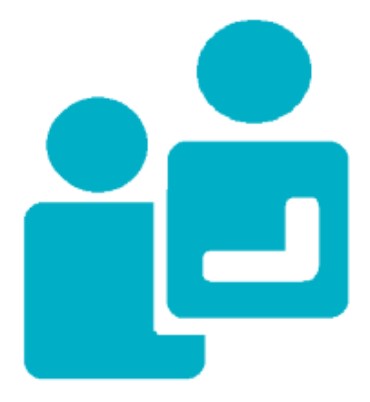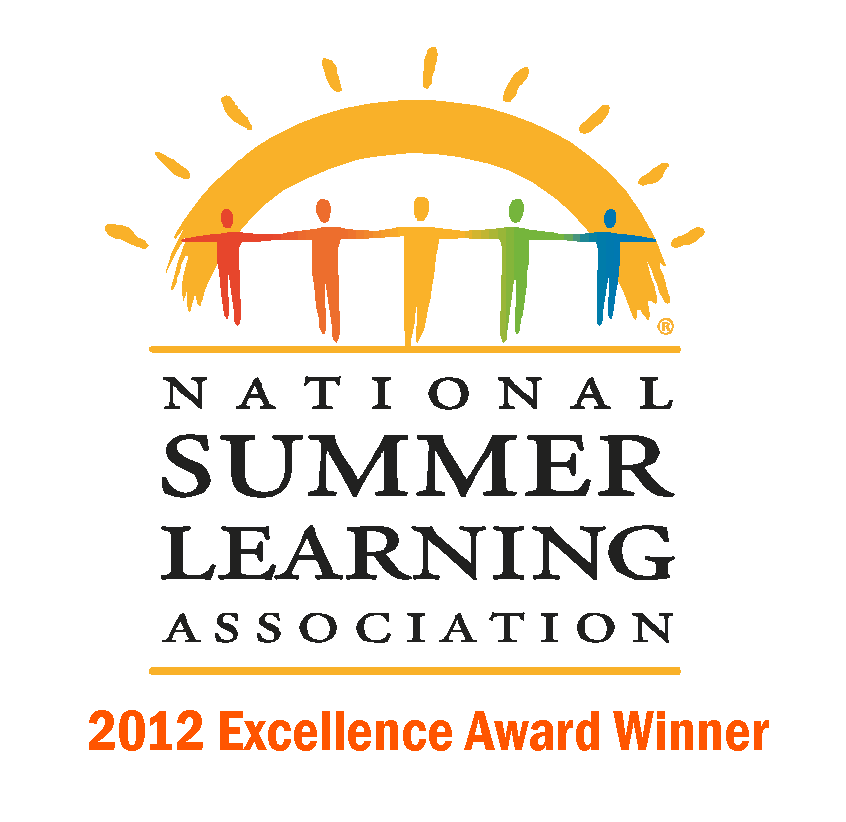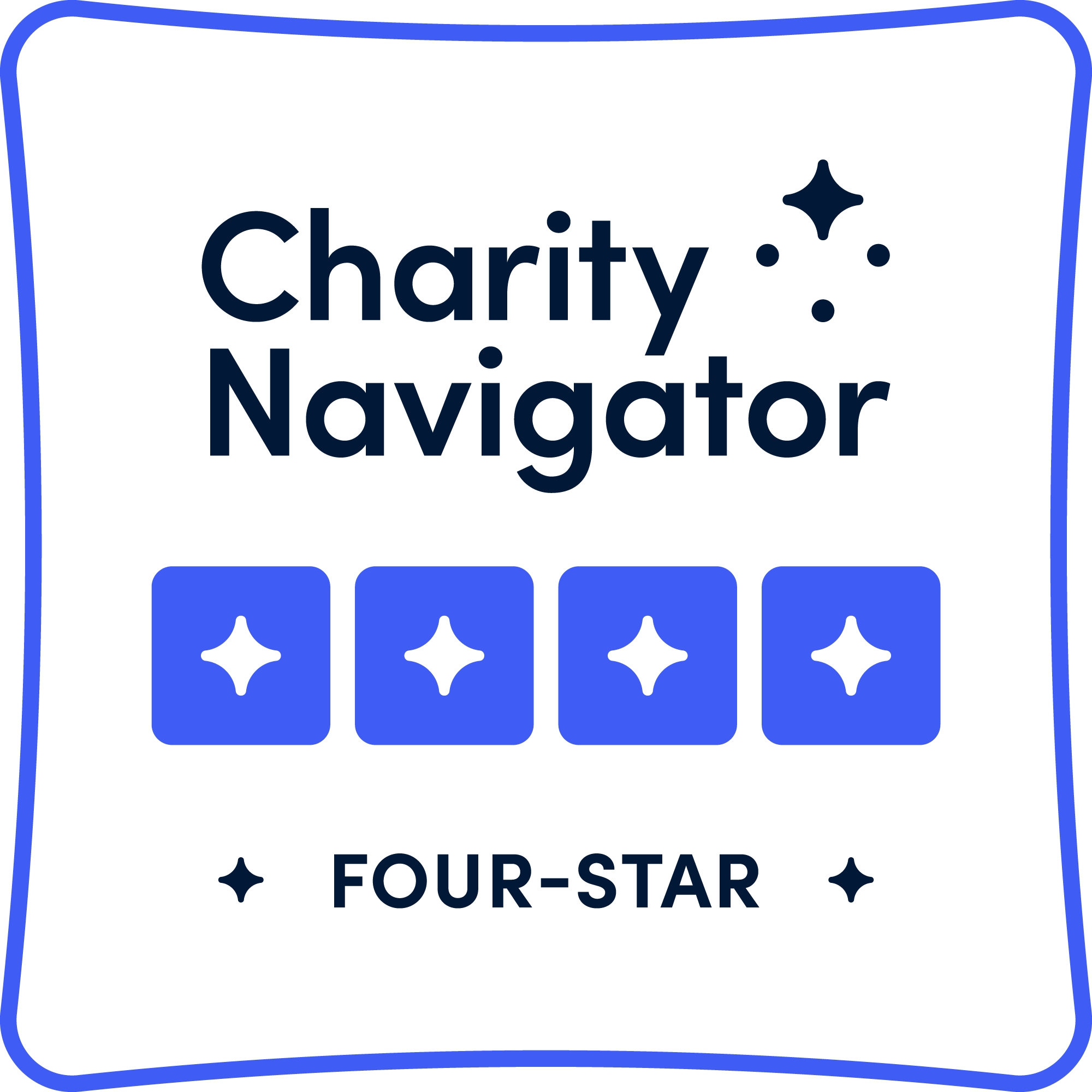The GO Project's approach is to target under-resourced and academically-struggling public school students at the earliest stage of their education and equip them with the skills needed for future success. Through our year-round academic, enrichment and family support program, students are welcomed into a supportive community that fosters their growth.
Our three program hallmarks are:
|
|
|
Early and Continuous Intervention |
||
|
|
Responsive and Individualized Instruction
|
|||
|
|
Holistic and Integrated Programming |
Our focus on early intervention, social-emotional skill building and family engagement is guided by the latest research:
- A low-income student who can't read on grade level by third grade is thirteen times less likely to graduate on time than a wealthier child who does read proficiently in third grade. (American Educational Research Association)
- In the sixth grade, if a child attends school less than 80% of the time, or has mild but sustained misbehavior, or experiences course failure, it equals a 10-20% chance of them graduating on time. (Johns Hopkins University)
- Children who enter kindergarten with below-average language and cognitive skills can catch up with the help of effective interventions, but only if they develop strong social and emotional skills. (National Center for Children in Poverty)
- The more families connect with schools and other community resources, the more social capital they acquire, which greatly assists with their child's ability to thrive in school. (Schlee, Mullis & Shriner)
Read more about our Programs in Detail, our Impact, and our Community.






